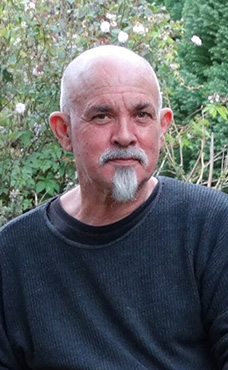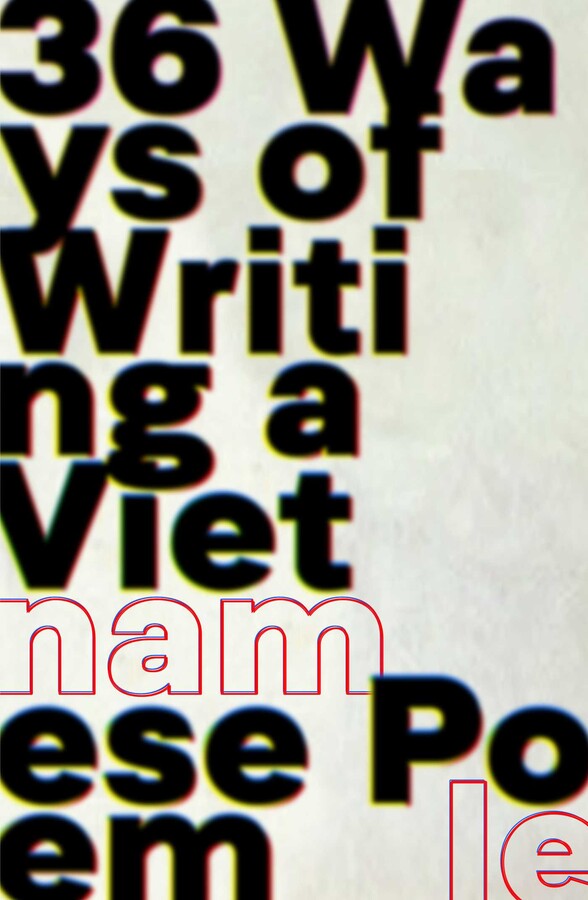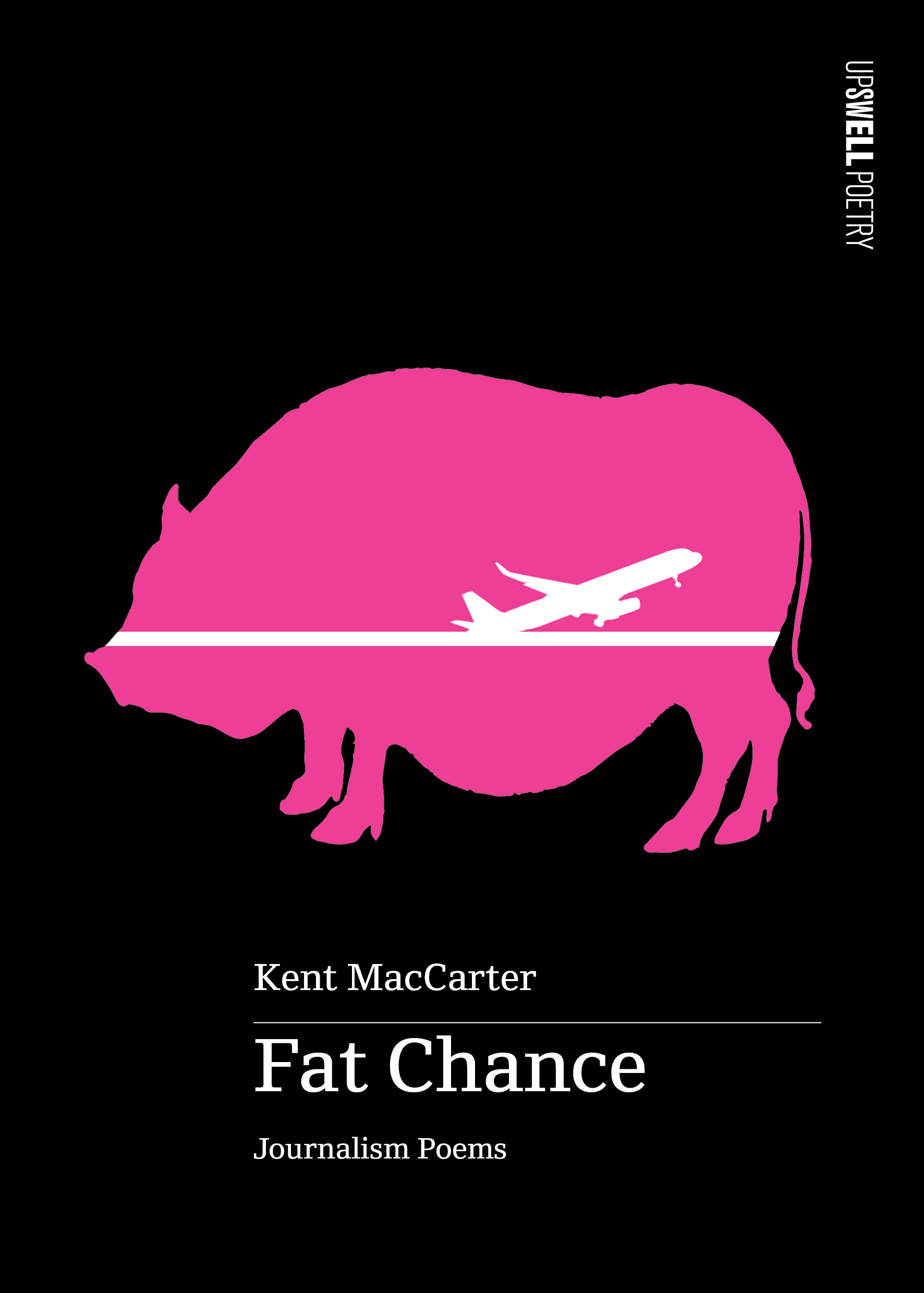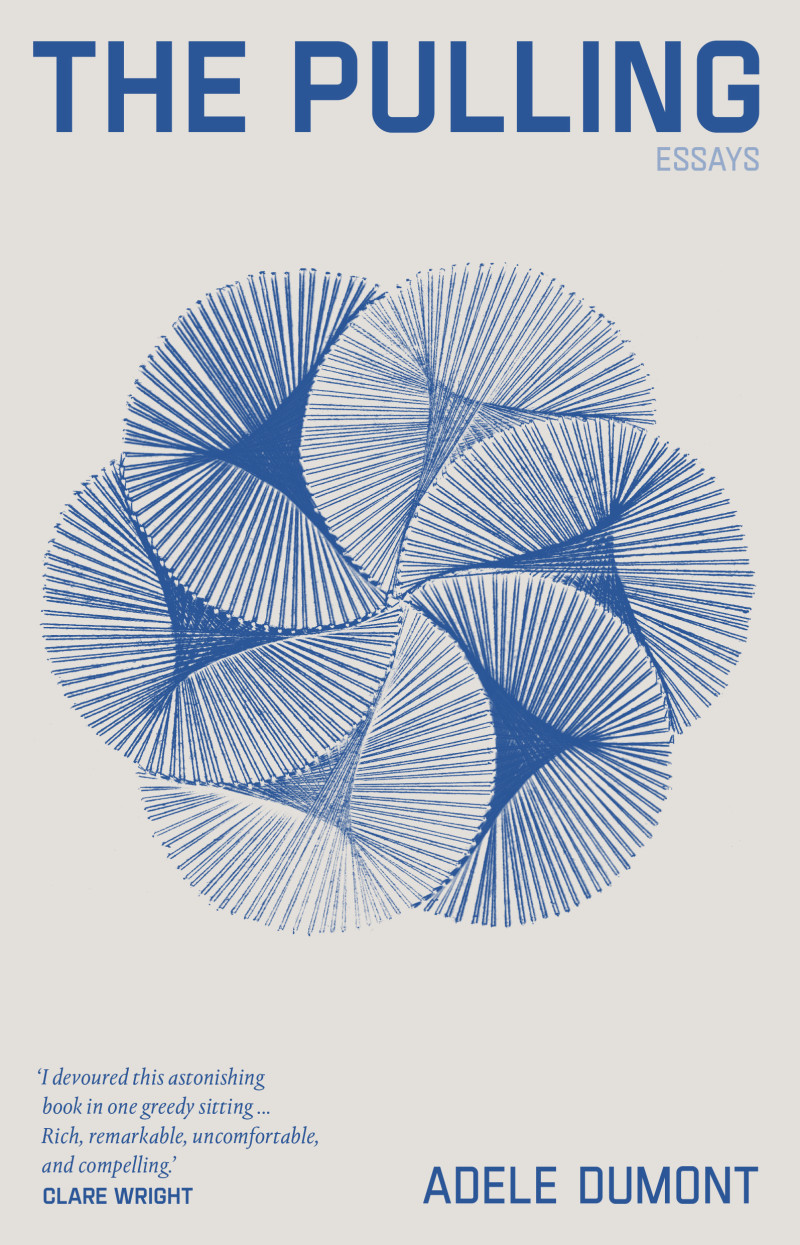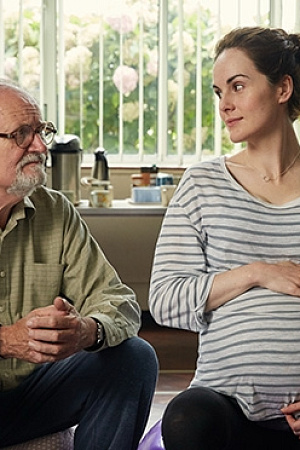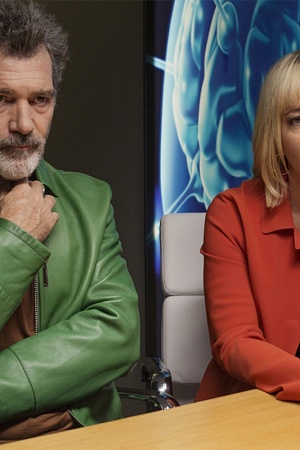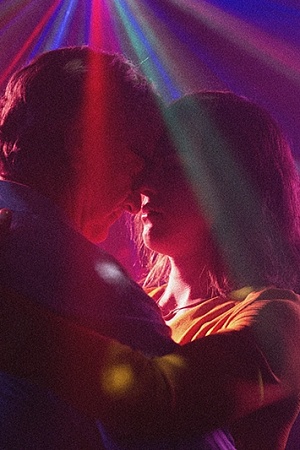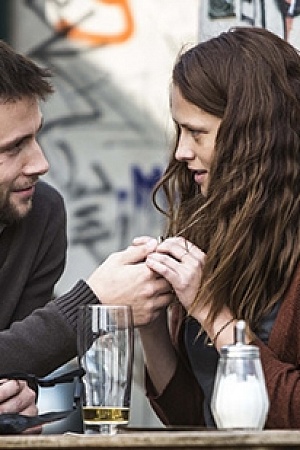The One I Love
From first-time director and screenwriter duo Charlie McDowell and Justin Lader, The One I Love is a film that confronts just how hard it can be to love someone. Sophie (Elisabeth Moss) and Ethan (Mark Duplass) are married and in counselling when their therapist (Ted Danson) suggests that they go on a weekend retreat together, just the two of them. He sends lots of his clients there, he assures them; he’ll take care of everything. But there is a glitch: maybe they are not as alone as they think.
It should be accepted that whenever Danson says, ‘This is going to be fun’, the reality might be just the opposite. He says this to the couple as they sit at a piano in his consultation room, ready to test the harmony of their relationship. Danson’s deadpan aloofness is charming, and after his brief appearance in the opening scene, Moss and Duplass are delightful enough to carry the film on their own; almost nobody else appears. Moss is excellent, with something of Bette Davis’s powerhouse authenticity and presence.
‘‘‘The One I Love’’ is a film that confronts just how hard it can be to love someone’
What follows is something that could well belong in the impressive annals of comedies of remarriage. As a comedy, the film parodies the selective memories that can take shape in long-term relationships; that beneath perfect appearances, the most stifling problems can fester. At the retreat, set amid the picturesque surrounds of Ojai in Ventura County, is a large house with a sizeable guest house, separated by a swimming pool. The couple divide their time between the houses, which the film-makers went to lengths to distinguish visually – including shooting one interior with a spherical camera lens and the other with an anamorphic lens – but which seem eerily similar. This similarity, and the predictably pleasant Californian weather, are incongruously claustrophobic, as in a horror film. This isn’t horror, but the film does tease us with hints of the genre, as particular angles and glances and tense silences are held for just so long, and tropes are also visited in the musical score, written by Danny Bensi and Saunder Jurriaans. With these dual elements of comedy and horror, this is definitely a closer relation to the macabre fantasy of The Twilight Zone, and that influence is respectfully name-checked early in the film.
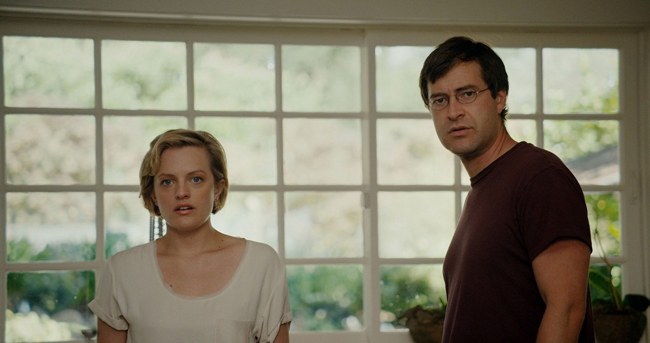 Sophie (Elisabeth Moss) and Ethan (Mark Duplass) in The One I Love
Sophie (Elisabeth Moss) and Ethan (Mark Duplass) in The One I Love
McDowell and Lader are concerned with examining the concept of personality and identity, like another film released this year, Richard Ayoade’s The Double. Both films feature potentially allegorical split personalities, although Ayoade, adapting from the Dostoevsky novella, is not as compassionate towards his subject. McDowell proves more invested in his characters as they overcome their problems. Opposite impulses coexist, often within couples and, perhaps equally, within individual selves. What happens when these impulses reach boiling point? The film frames this concept with the appearance of a babushka doll, which Sophie finds on the floor when she first enters the guest house. It seems unimportant at first, but the doll’s symbolic weight is unveiled later when Ethan and Sophie are comparing babushka sets; his white, hers dark blue. They are different sizes but they all look the same, yet Sophie insists that each of the seven dolls has an individual history and personality. This is clever symbolism, and the make-believe anthropomorphising of inanimate objects borders on the uncanny, asking us to question what is real, and what is not. This is imbued throughout the setting, the characters, and their conversations. Where the uncanny exists, though, the answer to its question is unknown.
The One I Love began as a germ of an idea proposed by Duplass (co-executive producer of the film along with his brother Jay, Lader and McDowell); the idea was then expanded and shaped by McDowell and Lader. The film itself was shot over fifteen days, a short time-frame for a feature but one made possible by there being only two major characters and one main location. Lader had only loosely scripted the film. Much of the actual dialogue was improvised by Moss and Duplass, though this improvisation was heavily trimmed in the editing process. As a result, nothing is wasted here; every word, every look, counts. This is a very tight film and a nuanced exploration of relationships, and it can be forgiven for a lacklustre finale that moves away from the uncanny but can’t figure out how to explain its own logic for the audience.
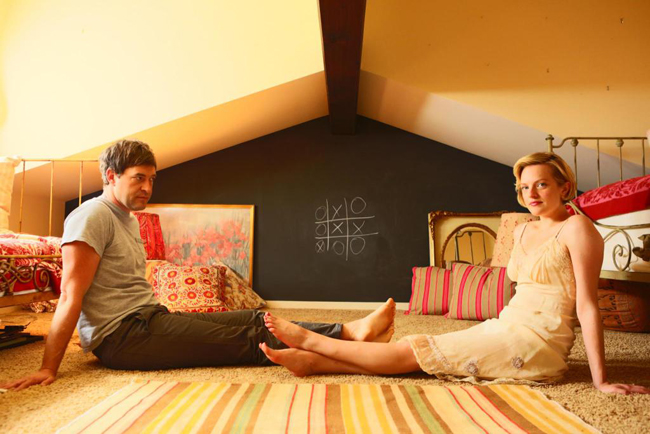 Ethan (Mark Duplass) and Sophie (Elisabeth Moss) in The One I Love
Ethan (Mark Duplass) and Sophie (Elisabeth Moss) in The One I Love
Early on in the film, Sophie criticises Ethan for a time in their past when he spoiled a magic show by explaining how all the tricks worked. The One I Love struggles with this problem itself, not wanting to lift the curtain on its own element of magic but not content to leave it be. A character implores us to believe that ‘aberrations happen’, but the film does not seem completely satisfied with this enlightened approach and, by trying to explain the uncanny elements, the conclusion becomes confused. It manages to overcome this, though, with a musical punchline: The Mamas and the Papas’ song ‘Dedicated to the One I Love’ plays over the final moments and the film’s end credits. This is the film’s final strength and a knowing twist on the title, adverting to the film’s core concern: how well can you really know the one you love?
The One I Love (M), directed by Charlie McDowell, written by Justin Lader. 91 minutes. Released in Australia on November 27.

